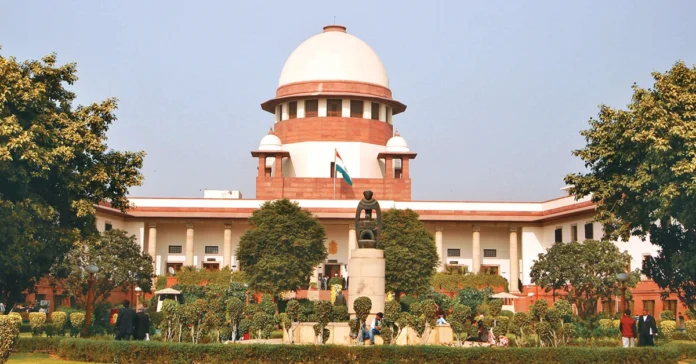The Supreme Court recently struck down a provision of Bihar Chaukidari Cadre (Amendment) Rules, 2014, which provided a retiring chowkidar the opportunity to nominate dependent kin for appointment in his place.
A Division Bench of the Patna High Court had struck down Proviso (a) to Rule 5(7) of Bihar Chaukidari Cadre (Amendment) Rules, 2014 for violating Articles 14 (equality) and 16 (equal opportunity in public employment) of the Constitution.
This prompted the Bihar Rajya Dafadar Chaukidar Panchayat (Magadh Division), not an original party in the case, to move the Supreme Court.
The appellant argued that the High Court exceeded in its jurisdiction to declare the Rule as unconstitutional despite the constitutionality of the heredity rule not being challenged before it.
The Bench of Justice Dipankar Datta and Justice Manmohan held that the High Court was justified in striking down the heredity rule, even though it wasn’t formally challenged, as it would have been unreasonable to expect the appellants to contest the very rule on which their claim for relief was based.
It further upheld the High Court’s exercise of suo motu powers under Article 226 of the Constitution to declare the subordinate legislation as unconstitutional if it violated the fundamental rights.
Mentioning the sentinel on the qui vive, the Bench said it was not only the duty of the writ courts in the country to enforce fundamental rights of individuals who approached them, but it was equally the duty of the writ courts to guard against breach of fundamental rights of others by the three organs of the State.
When a writ court found its conscience pricked in a rare and very exceptional case by the patent unconstitutionality of a subordinate legislation connected with the issue it was seized of, the court may, upon grant of full opportunity to the State to defend the subordinate legislation and after hearing it, grant a declaration as to unconstitutionality and/or invalidity of such legislation, it added.
The Apex Court further lamented the scarcity of government jobs and the hardships faced by deserving candidates unable to secure employment due to limited opportunities.
It said even after more than 75 years of independence, the country was not able to generate enough jobs in the public sector for those eager to enter public service.
While there was no dearth of eligible candidates in the country waiting in the queue, the quest for public employment was thwarted by a lack of sufficient employment opportunities, it added.


